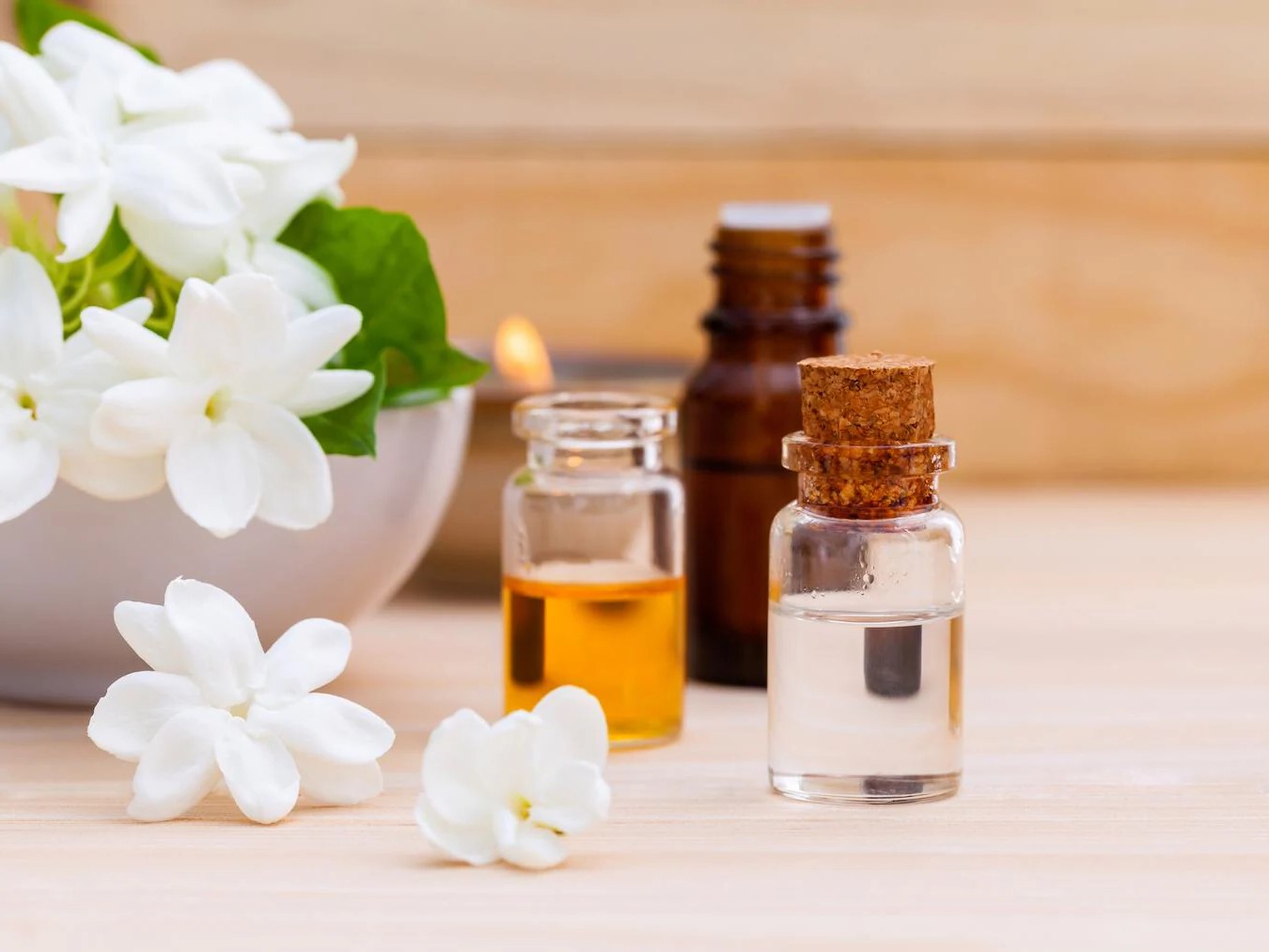
Perfume oils have captivated human senses for centuries, serving as a subtle yet powerful way to express individuality and evoke memories. Unlike their alcohol-based counterparts, perfume oils are concentrated essences that offer a more intimate scent experience, clinging to the skin and unfolding their layers over time. In this engaging overview, we'll unveil 20 intriguing facts about perfume oils, from their ancient origins to modern production techniques. Whether you're a fragrance aficionado or simply curious about what makes these aromatic concoctions so special, prepare to be enthralled by the rich history, artistry, and science behind perfume oils. Get ready to immerse yourself in a world where each drop tells a story, and discover why these potent elixirs continue to enchant and allure wearers around the globe.
Perfume oils have captivated human senses for centuries, evolving from simple aromatic blends to complex fragrances that define personal style and identity. These concentrated essences are the heart of perfumery, offering a depth and longevity that alcohol-based perfumes can't match. Let's delve into the fascinating world of perfume oils.
What Makes Perfume Oils Unique?
Unlike their alcohol-based counterparts, perfume oils are much more concentrated, providing a richer and more lasting fragrance. This concentration means that a little goes a long way, making them a favorite for those who prefer subtlety and depth in their scent profile.
-
Perfume oils are alcohol-free. This makes them less irritating to the skin and ideal for those with sensitive skin or allergies.
-
They have a longer shelf life. Without alcohol, which can evaporate and degrade the fragrance over time, perfume oils maintain their scent profile much longer.
-
Perfume oils offer a closer wear. They tend to stay on the skin rather than diffusing into the air, creating a more intimate experience.
The History of Perfume Oils
The use of perfume oils dates back thousands of years, with roots in ancient civilizations across the world. These early fragrances were not only for personal adornment but also played significant roles in religious ceremonies and medicinal practices.
-
Ancient Egyptians were among the first to use perfume oils, utilizing them in religious rituals and for personal enhancement.
-
In ancient Mesopotamia, the world's first recorded chemist was a woman who specialized in creating perfumes. Her name was Tapputi, and she used distillation techniques to extract fragrances.
-
Perfume oils were considered more valuable than gold in some ancient cultures. They were often used as currency and offered as gifts to the gods.
How Perfume Oils are Made
Creating perfume oils is an art, involving the careful selection and blending of various essential oils, absolutes, and carrier oils. This process can vary greatly depending on the desired outcome, with some fragrances taking years to perfect.
-
Steam distillation is a common method for extracting essential oils, where steam is used to vaporize the volatile compounds in the plant material.
-
Cold pressing is often used for citrus oils, where the oil is mechanically pressed from the fruit peel.
-
Enfleurage is an older, labor-intensive method used for delicate flowers. It involves pressing the scent into a fatty medium to absorb the fragrance.
The Art of Wearing Perfume Oils
Wearing perfume oil is not just about applying a scent; it's about creating a personal aura and enhancing one's natural body chemistry. The way you apply and wear your perfume oil can significantly affect its performance and perception.
-
Apply to pulse points. These are areas where the body is warmer, helping to diffuse the scent throughout the day.
-
Less is more. Due to their concentration, only a small amount is needed to achieve a lasting fragrance.
-
Layering scents can create a unique fragrance profile. Combining different perfume oils can result in a personalized scent.
The Benefits of Perfume Oils
Perfume oils not only smell good but also offer several benefits over traditional alcohol-based perfumes. From being more eco-friendly to providing therapeutic effects, the advantages are significant.
-
They're more environmentally friendly. Perfume oils often come in smaller, less wasteful packaging and don't contain volatile organic compounds that contribute to air pollution.
-
Can have therapeutic benefits. Many essential oils used in perfume oils have aromatherapy properties that can promote relaxation, boost mood, or even increase focus.
-
Perfume oils are more discreet. Their close wear means you won't overpower the room with your fragrance, making them suitable for close quarters and sensitive environments.
The Future of Perfume Oils
As trends in beauty and wellness continue to evolve, perfume oils are gaining popularity for their natural ingredients, sustainability, and unique scent profiles. This shift towards more personalized and conscious choices in fragrances points to a bright future for perfume oils.
-
Customization is on the rise. More brands are offering bespoke services, allowing individuals to create their own signature scents.
-
Sustainability is becoming a priority. Consumers are increasingly looking for products that are ethically sourced and produced, including their fragrances.
-
Interest in natural and organic ingredients is growing. People are more conscious of what they put on their bodies, leading to a higher demand for natural perfume oils.
-
Technology is changing how we experience fragrance. From apps that recommend scents based on mood and preferences to innovative ways of extracting and preserving natural scents, technology is expanding the possibilities within the world of perfumery.
-
Perfume oils are becoming more accessible. With the rise of online shopping and niche markets, finding high-quality perfume oils is easier than ever, allowing more people to explore and enjoy the benefits of these concentrated fragrances.
A Scented Sign-Off
Diving into the world of perfume oils has been nothing short of an aromatic adventure. From understanding their long-lasting nature to exploring the art of blending, we've covered ground on why these fragrant wonders stand out. Remember, choosing the right perfume oil is not just about the scent; it's about how it makes you feel, its compatibility with your skin, and its contribution to sustainability. Whether you're a connoisseur or a curious newbie, the journey through the essence of perfume oils promises a personal touch to your fragrance collection. So, go ahead, experiment with different scents, and find that perfect perfume oil that speaks to you. Here's to smelling fabulous, with a personal twist!
Was this page helpful?
Our commitment to delivering trustworthy and engaging content is at the heart of what we do. Each fact on our site is contributed by real users like you, bringing a wealth of diverse insights and information. To ensure the highest standards of accuracy and reliability, our dedicated editors meticulously review each submission. This process guarantees that the facts we share are not only fascinating but also credible. Trust in our commitment to quality and authenticity as you explore and learn with us.


